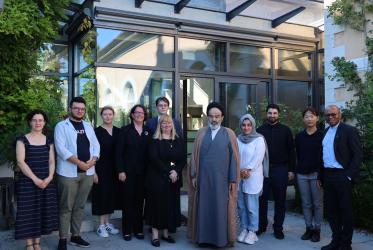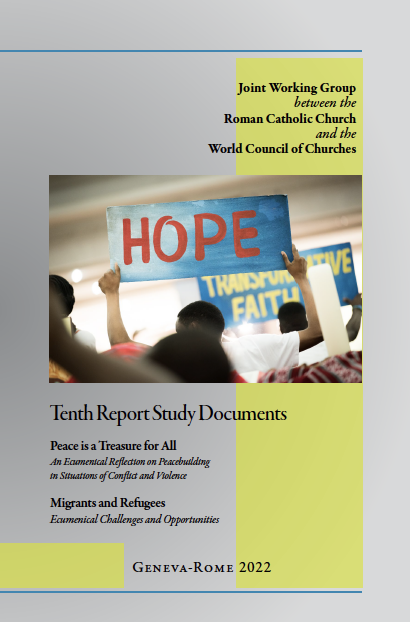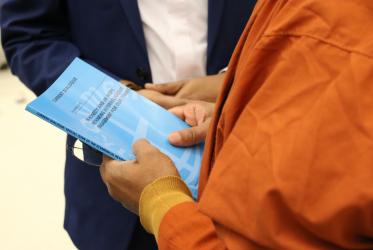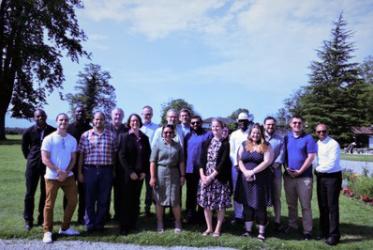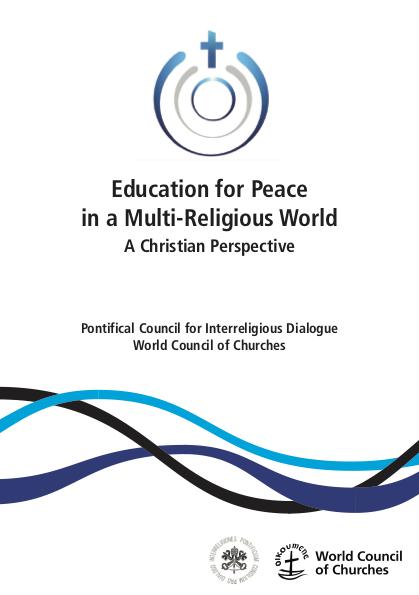Displaying 1 - 20 of 95
Applications open for upcoming Young Adults Training for Religious Amity
15 September 2022
Tenth Report Study Documents
19 August 2022
Dr Abuom reflects on women of faith as healers of creation
05 October 2021
Festivities and dialogue launch new WCC journal
07 February 2020
In Korea, young ‘stewards of hope’ forge ahead together
19 September 2019
Bossey gathers students for interreligious dialogue
02 July 2019


